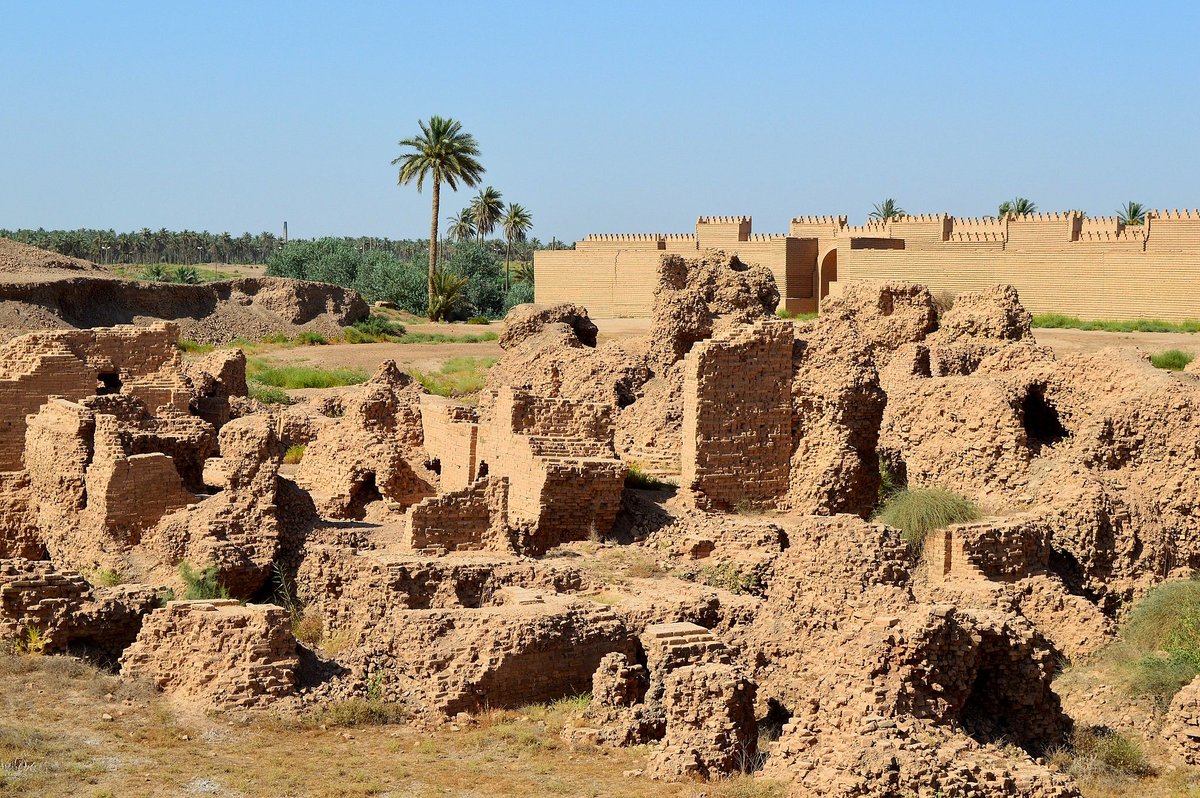By Jeppe Kiel Revsbech
’The body is a temple for the Holy Spirit’.
So are the words of Paul the Apostle in the Bible from where you have the famous saying about regarding one’s body as a temple. Still, the human body rarely gets the attention of researchers when biblical scriptures are studied. Rosanne Liebermann from Aarhus University is one who tries to change this.
She is a newly appointed Assistant Professor at the Department of Theology at Arts. She is currently working on a research project that, based on the Book of Ezekiel from the Old Testament, examines how the body plays an important role in the understanding of not just the historical bible, but also how religion was practised and experienced in biblical times. According to her, there has been ‘a material turn’ in the study of religion.
“Researchers of the Bible have started to acknowledge the centrality of the body for the understanding and practice of religion,” Rosanne Liebermann tells and elaborates:
“Traditionally, biblical research has been preoccupied by theological and philological questions, but researchers of the Hebrew Bible have now started to see how theories from the study of religion and social sciences can provide new interpretations of ancient Israelite religion. That is, how religion could be practised and experienced in the everyday life of groups of people at the time,” she explains.

The Book of Ezekiel is ascribed to the prophet Ezekiel who, according to the Old Testament, functioned ca. 600-575 BC. Here he is seen as part of Michelangelo’s famous frescoes in the Sistine Chapel in Rome. (Photo: Wikimedia Commons)
Her own interest for the bodily aspect of the Bible stems from a seminar on ancient rituals where she, as a PhD-student, discovered especially one text in the Old Testament ascribed to the prophet Ezekiel. In this, he tells about captivity of the Jews in Babylon of the time – using the body as focal point for detailed descriptions of religious practice and prophecies about the future of the Jews.
For example this passage where Ezekiel envisions God and is asked to infuse courage into the Jewish people:
“Again he said unto me, ‘Prophesy upon these bones, and say unto them, O ye dry bones, hear the word of the Lord. Thus saith the Lord God unto these bones; Behold, I will cause breath to enter into you, and ye shall live: and I will lay sinews upon you, and will bring up flesh upon you, and cover you with skin, and put breath in you, and ye shall live; and ye shall know that I am the Lord’.”
Rosanne Liebermann elaborates:
“The Book of Ezekiel is a biblical text full of descriptions of bodies and bodily practices. When I started examining what the explanation for that could be, it hit me that a text about great social changes such as the exile of the Jews in Babylon naturally would be affected by how the recipients of the text would have felt physically. The Jewish people had to adapt their religion to a new place far away from the physical things that had defined it before, e.g. their homeland and temple,” the researcher says.
Elsewhere in the scripture, Ezekiel depicts the Jews’ own opinion of the strange population among which they are trapped. Here countries – including the Babylonians who do not have circumcision as a part of their cultural customs – are referred to as ‘impure’, while also the bodily view is expressed in descriptions of the strangers’ clothing and religious practices. Ezekiel even tells how other groups of people according to him have ‘non-human’ or ‘monstrous’ bodies.
“By doing that, Ezekiel discourages his audience, the Jews in exile, from engaging with other groups of people. It strengthens the idea that Jews outside ancient Israel have an identity as a separate religious group whose bodies are not to be mixed with others, especially when it comes to marriage and reproduction,” Rosanne Liebermann explains.

The remains of the historical Babylon in present day Iraq where the Jewish people, as the prophet Ezekiel reports in the Old Testament, were in captivity. (Photo: Wikimedia Commons)
While her focus initially is on the picturesque scriptures of Ezekiel, it is Rosanne Liebermann’s ambition to examine the prominent role of the body across the stories of the Bible. And here are especially the Hebrew prophets of interest for the researcher.
“I would like to write a book on how the bodies of the Hebrew prophets have to suffer in the service as the prophets of God, even though they preach the message of God’s righteous judgment on people. The prophets’ insistence that people suffer because they are sinful seems to be in contradiction with how they often have to perform painful or humiliating actions themselves – for instance the prophet Isaiah who walks around naked and barefoot for three years – as a part of their prophetic role,” she tells.
At the same time, Rosanne Liebermann hopes that her research can be a contribution to another issue, which is of great interest at the moment, where conflicts and the climate crisis – as in the Book of Ezekiel – have displaced thousands from their homelands.
“Understanding the implication of the exile of the early Judaism can also help shed a light on how forced migration effects the development of religious identities,” the researcher points out.
“It is especially relevant at the moment where the number of people in forced exile is at its highest and looks to continue rising because of climate change. As of yet, there has not been much focus on how mass movements – and everything this might include of trauma, identity crises and new cultural contact areas – impact religious practices, so I hope that my research, in a small scale if now otherwise, can bring attention to this pressing topic,” Rosanne Liebermann says.
Rosanne Liebermann has studied Theology at the University of Oxford and holds a PhD in Near Eastern Studies from Johns Hopkins University in Baltimore. Prior to coming to Aarhus, she has been the Friedman Postdoctoral Fellow in Jewish Studies at Washington University in St. Louis. In 2021, she was appointed Assistant Professor at the Department of Theology at Aarhus University.